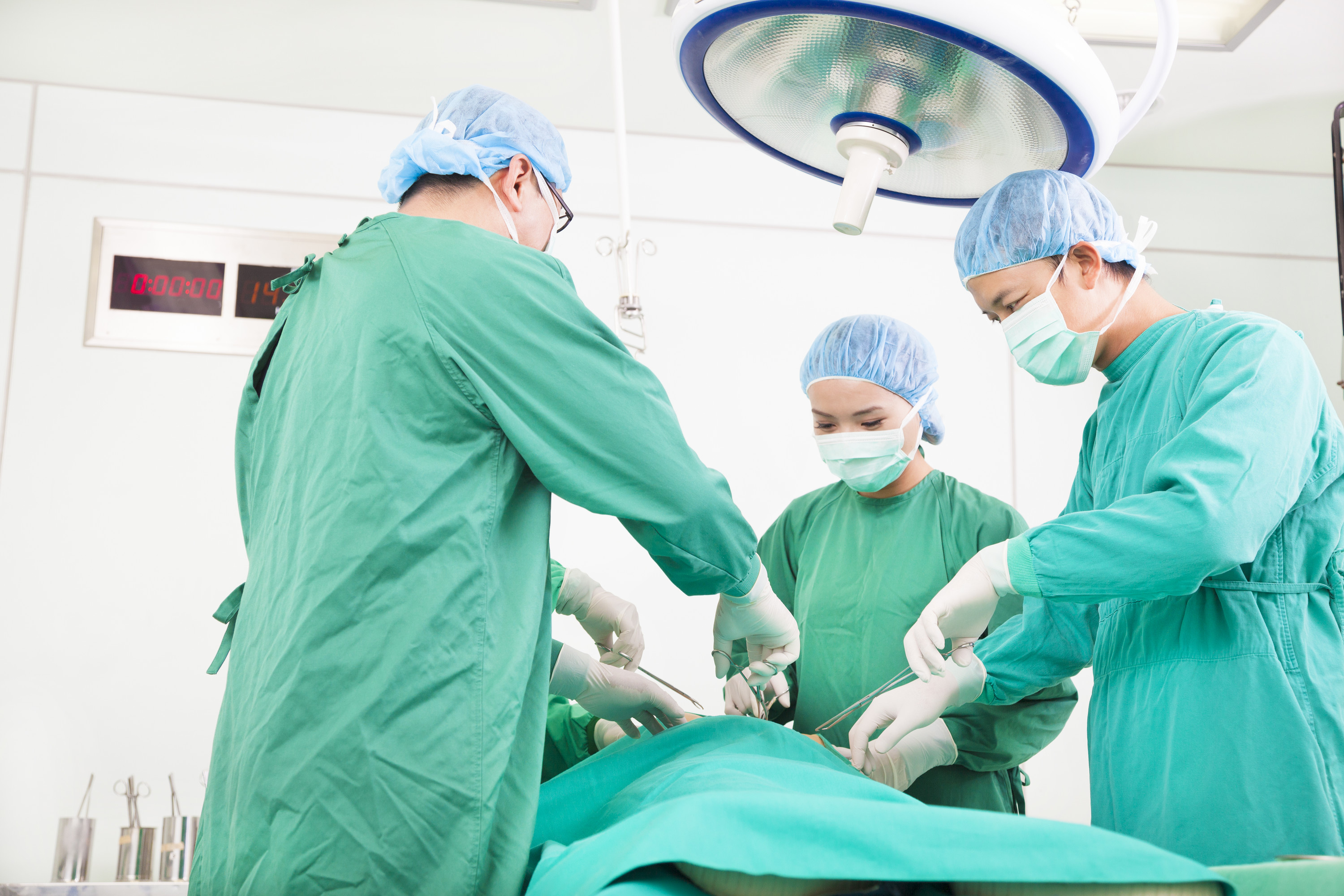Dental emergencies come in several different forms. Every emergency requires timely action, but not every possible action is not appropriate. How should you respond in case of various dental emergencies. Here’s how to handle six different urgent scenarios until you get to see an emergency dentist in Delta.
Cracked or broken teeth
Depending on how badly broken or cracked your tooth is, this may not be a painful situation. Having said that, your tooth will probably be quite sensitive for at least a little while. If you’ve sustained a cracked or broken tooth, contact an emergency dentist for advice about how quickly to get treatment. If you can take and send them a picture of the damaged tooth, that may help the initial assessment and treatment.
Lost tooth
Teeth are occasionally knocked out or your mouth in sporting collisions, automobile accidents, and even violent incidents. However it was caused, it’s a dental emergency that requires quick action. With quick action, a dentist in Delta may even be able to save and return that tooth. If you’ve lost a tooth, here are the steps to follow in the immediate aftermath of the loss:
-
If you can find the tooth, retrieve it by handling just the crown. Do not touch the root or any tissues at the other end of the tooth. Unless the root is damaged, it may be possible to re-insert that tooth in your jaw
-
If you can do so without excessive force or intolerable pain, try placing the tooth back into its socket. Do it while looking in a mirror and refer to the same tooth on the opposite side of your mouth to see how it should be oriented in your jaw
-
Contact an emergency dentist near you immediately and try to see one within an hour of the injury
A swollen face
Swelling in your face can suggest the presence of a serious infection in your tooth, gums, bone, or jaw. As soon as you notice swelling in your face, contact an emergency dentist immediately and describe your symptoms. While awaiting your emergency appointment, follow the following steps:
-
Stay as hydrated as possible by drinking lots of water
-
Keep your head upright at all times, including when sleeping
-
Attend the earliest possible appointment with your dentist to prevent the infection from spreading
Bleeding gums
Bleeding gums while brushing and/or flossing can indicate the presence of gingivitis or periodontitis (the initial and advanced forms of gum disease). Brief, minor, and occasional bleeding may not be an emergency, but you should contact your dentist as soon as possible for guidance.
If, however, you have recently undergone, and extraction or other dental work, and your bleeding is persistent and worsening, contact an emergency dentist as soon as you can and follow their recommendations about how to proceed. In the meantime, keep your head upright at all times.
Abscesses on your gums
A growth on your gums that resembles a pimple may be an abscess — an accumulation of pus or infection-related fluid. The presence of abscesses on your gums can be the sign of a serious tooth infection requiring immediate intervention in one form or another: antibiotics, root canal, or even extraction to prevent dangerous spread. Contact an emergency dentist as soon as possible for an appointment within a day if possible. While waiting:
-
Brush and floss normally
-
Do not pop or try to empty the abscess.
Pain while biting or chewing
There are several possible causes of pain while you bite and chew, including: muscle pain due to clenching your jaw and grinding your teeth; cracked tooth syndrome; and tooth abscesses. While not all of them require emergency treatment, let an emergency dentist in Delta make that call. Describe the symptoms you’re experiencing, and follow their advice about how to proceed — and how quickly.
Not every emergency dental situation requires the same response, but they all require some response. None of these scenarios should be ignored, because they can indicate or develop into serious medical issues. An emergency dentist near you is available at all times to provide you the expert support and advice you need to see your way through a dental emergency.
